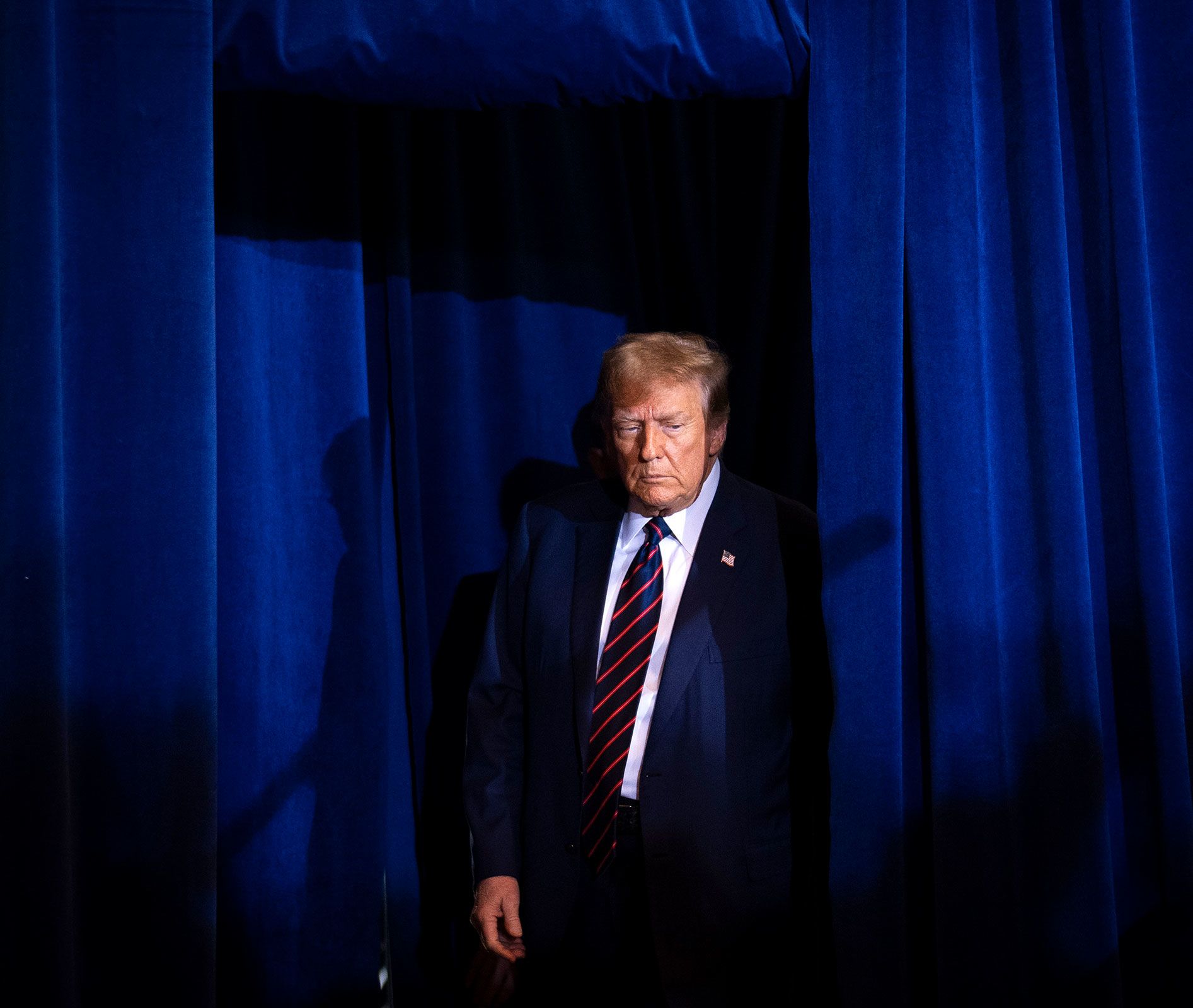The federal trial against former President Donald Trump, concerning allegations of election subversion, has been delayed due to ongoing appeals regarding presidential immunity, as per a recent court order. Initially scheduled for March 4, the trial has been put on hold while a federal appeals court deliberates on Trump’s claim of immunity from prosecution due to his presidential role during the January 6, 2021, Capitol attack.
The appeals court has not yet delivered a verdict on the immunity issue. The likelihood of the March trial date being maintained dwindled following US District Judge Tanya Chutkan’s order on Friday. Earlier in January, Trump’s legal team expressed dissatisfaction over prosecutors continuing to submit court filings despite the trial’s suspension. Judge Chutkan cautioned the prosecution against proceeding without her consent.
The delay is a strategic victory for the former president, who has consistently aimed to postpone the trial until after the 2024 presidential election. However, it remains uncertain whether he will succeed in deferring the trial until after the November vote. Two Trump advisers revealed to CNN that the legal team will persist in seeking further delays, with a primary focus on the fact that Judge Chutkan has not yet established a new trial date.
The delay was expected by all parties involved, including court officials, particularly as each day passed without a ruling from the DC Circuit on presidential immunity. The court, which heard the case nearly a month ago, can take weeks or even months to deliver a decision. It is anticipated that the DC Circuit’s ruling will be appealed to the Supreme Court.
In her Friday order, Judge Chutkan also stated that prospective jurors, initially asked to appear in court next week to complete a written questionnaire, are no longer required to do so. “The court will set a new schedule if and when the mandate is returned,” Chutkan wrote in the order.
Trump is facing four counts of election subversion charges from special counsel Jack Smith, including conspiring to defraud the United States and obstructing an official proceeding. Trump has pleaded not guilty to all charges. The federal case against Trump was set to be the first among the criminal indictments he faces.
Manhattan District Attorney Alvin Bragg is scheduled to take Trump to trial in late March for allegedly falsifying business records to hide hush money payments to Stormy Daniels. Trump’s team and legal experts consider the hush money case weaker than the others, according to Trump’s advisers who spoke to CNN. They believe that having the Bragg trial precede the others will bolster their argument that these trials are politically motivated and intended to harm his chances in a general election.
Current court proceedings concerning Trump’s handling of documents post-presidency at Mar-a-Lago are centered around the use of classified evidence. A trial is scheduled for late May but may be postponed due to these proceedings. Judge Aileen Cannon, a Trump appointee in south Florida presiding over the Mar-a-Lago documents case, has not ruled out revisiting the trial schedule at a hearing on March 1. The state-level judge overseeing Trump’s 2020 election conspiracy case in Georgia has not yet set a trial date.
This story will be updated with additional information as it becomes available. Reporting contributed by CNN’s Alayna Treene.

